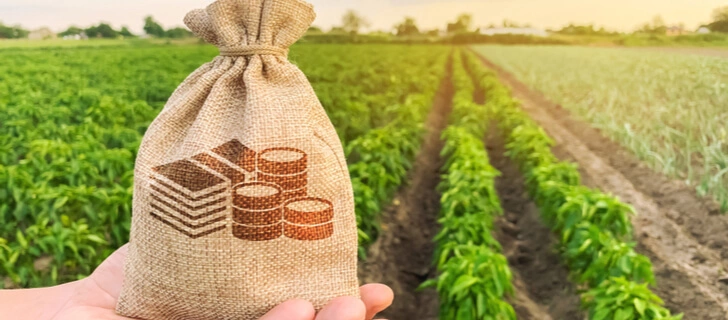Africa’s agricultural sector is the backbone of many economies, employing millions of people and contributing significantly to GDP. However, the sector faces numerous challenges, including low productivity, limited access to markets, and inadequate resources. Cooperative and organizational-based agricultural development has emerged as a promising approach to address these challenges and promote sustainable agricultural growth in Africa.
The Role of Cooperatives in Agricultural Development
Cooperatives are member-owned businesses that operate for the benefit of their members. In agriculture, cooperatives can take various forms, including:
- Producer Cooperatives: These cooperatives enable farmers to pool their resources, share knowledge, and negotiate better prices for their products.
- Marketing Cooperatives: These cooperatives help farmers access markets, improve their bargaining power, and increase their income.
- Input Cooperatives: These cooperatives provide farmers with access to quality inputs, such as seeds, fertilizers, and equipment, at affordable prices.
Cooperatives offer several benefits to farmers, including:
- Improved market access: Cooperatives can connect farmers to local, national, and international markets, increasing their income and reducing poverty.
- Increased bargaining power: By pooling their resources, farmers can negotiate better prices for their products and inputs.
- Access to knowledge and skills: Cooperatives can provide training and capacity-building programs, enhancing farmers’ skills and knowledge.
- Reduced costs: Cooperatives can help farmers reduce costs by sharing resources, such as equipment and storage facilities.
Organizational-Based Agricultural Development
In addition to cooperatives, other organizations, such as farmer associations, NGOs, and private sector companies, play a crucial role in promoting agricultural development in Africa. These organizations can:
- Provide technical assistance: Organizations can offer training, extension services, and technical support to farmers, enhancing their productivity and efficiency.
- Facilitate access to finance: Organizations can provide farmers with access to financial services, such as credit, savings, and insurance.
- Improve market linkages: Organizations can connect farmers to markets, buyers, and other stakeholders, increasing their income and reducing transaction costs.
- Promote innovation and technology adoption: Organizations can introduce farmers to new technologies, practices, and innovations, enhancing their productivity and competitiveness.
Success Stories and Examples
Several African countries have made significant progress in cooperative and organizational-based agricultural development. For example:
- Kenya’s dairy cooperatives: Kenya’s dairy cooperatives have improved the livelihoods of thousands of smallholder dairy farmers, increasing their income and reducing poverty.
- Ghana’s cocoa cooperatives: Ghana’s cocoa cooperatives have enabled farmers to negotiate better prices for their cocoa, improving their income and living standards.
- Rwanda’s agricultural cooperatives: Rwanda’s agricultural cooperatives have increased farmers’ access to markets, inputs, and technical assistance, enhancing their productivity and income.
Challenges and Opportunities
Despite the potential benefits of cooperative and organizational-based agricultural development, several challenges need to be addressed, including:
- Limited capacity and resources: Many cooperatives and organizations lack the capacity and resources to effectively support farmers.
- Inadequate infrastructure: Poor infrastructure, such as roads and storage facilities, can limit farmers’ access to markets and reduce their income.
- Policy and regulatory frameworks: Weak policy and regulatory frameworks can hinder the growth and development of cooperatives and organizations.
To overcome these challenges, African governments, development partners, and private sector companies can:
- Provide capacity-building programs: Governments and organizations can offer training and capacity-building programs to strengthen cooperatives and organizations.
- Invest in infrastructure: Governments and development partners can invest in infrastructure, such as roads, storage facilities, and irrigation systems.
- Improve policy and regulatory frameworks: Governments can develop and implement policies and regulations that support the growth and development of cooperatives and organizations.
Conclusion
Cooperative and organizational-based agricultural development has the potential to transform Africa’s agricultural sector, improving the livelihoods of millions of farmers and reducing poverty. By strengthening cooperatives and organizations, improving market access, and promoting innovation and technology adoption, Africa can achieve sustainable agricultural growth and development. African governments, development partners, and private sector companies must work together to address the challenges and opportunities in this sector, ensuring a brighter future for Africa’s farmers and agricultural sector

